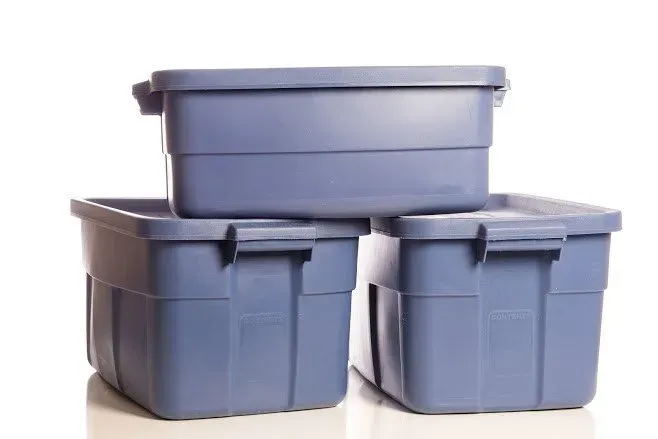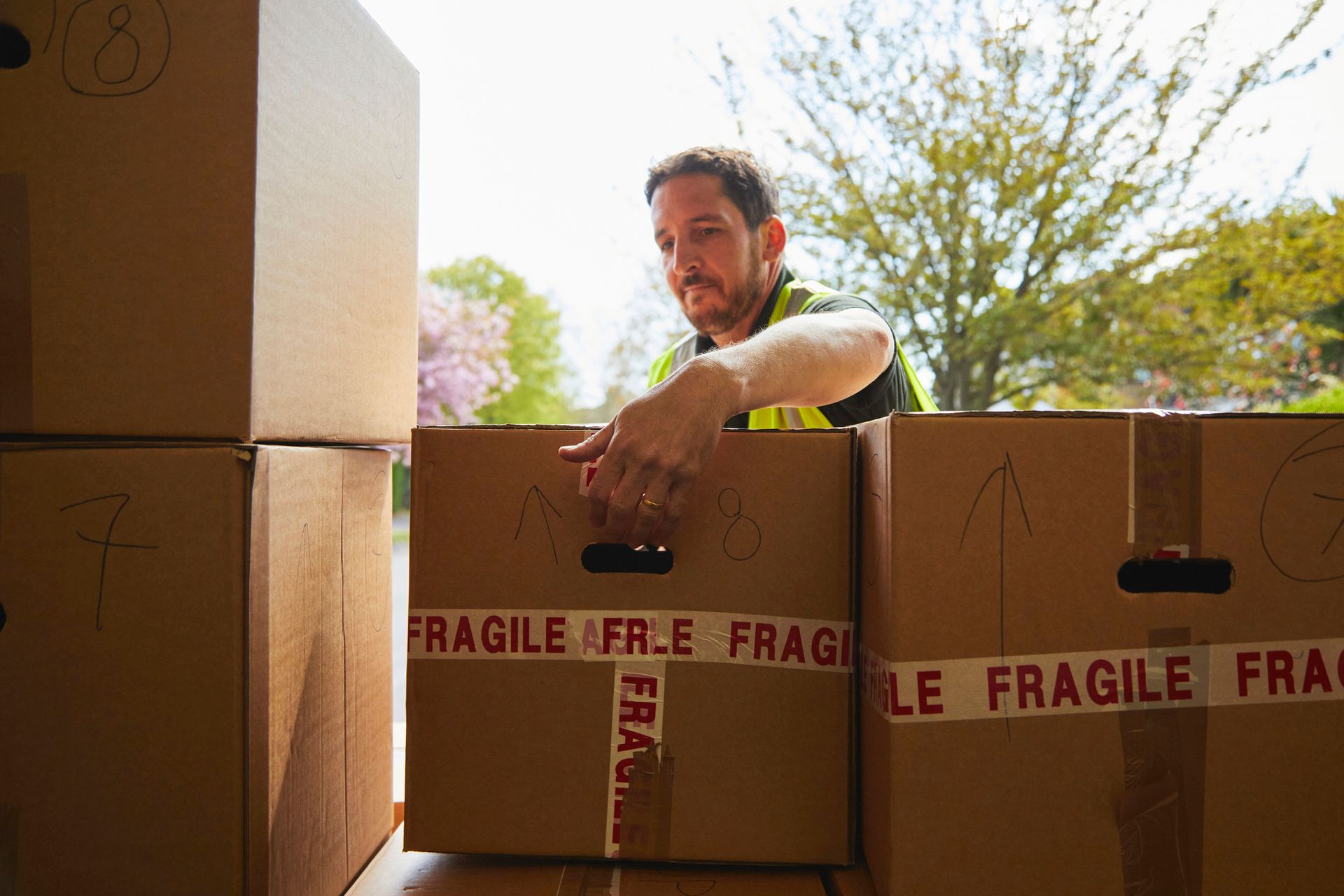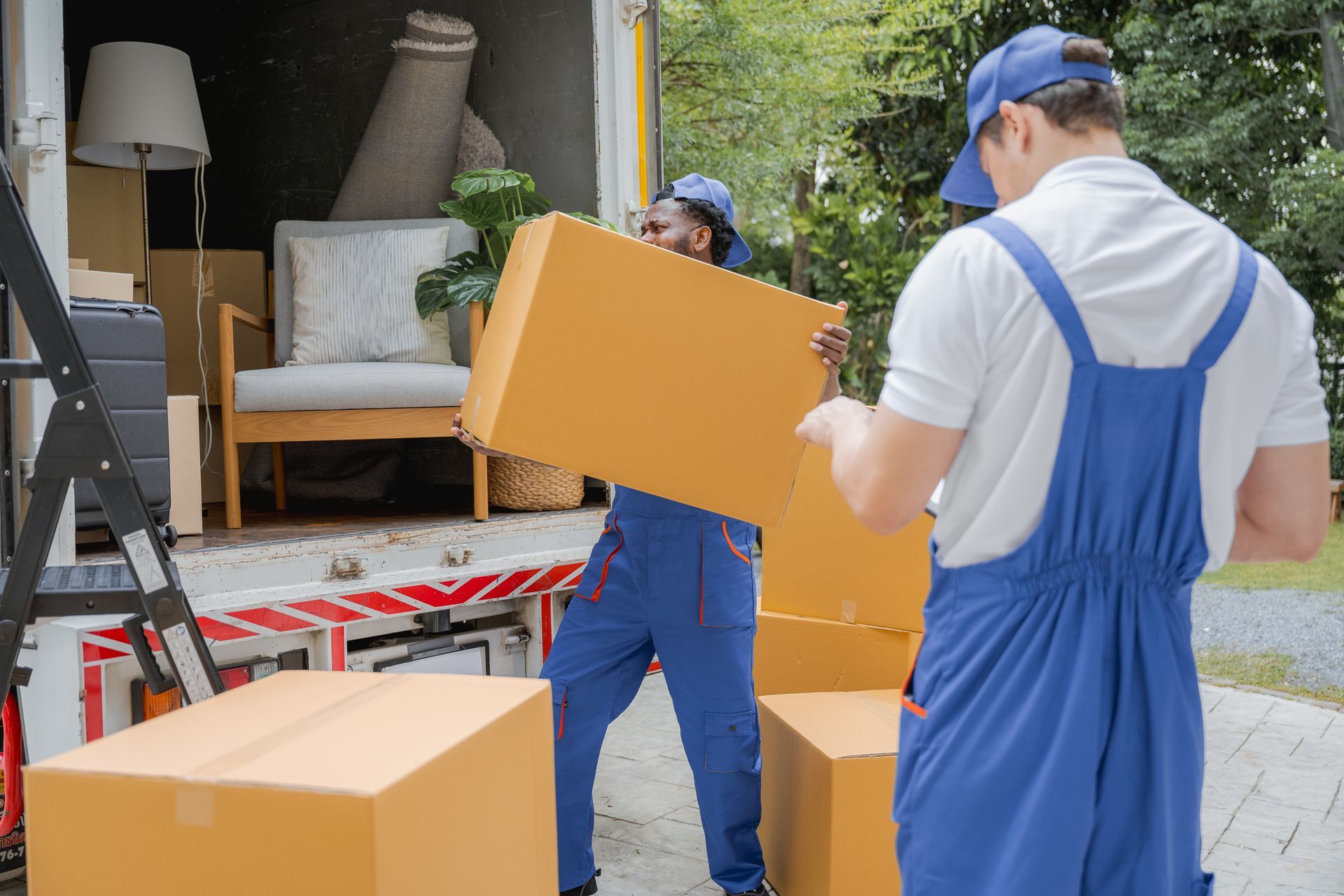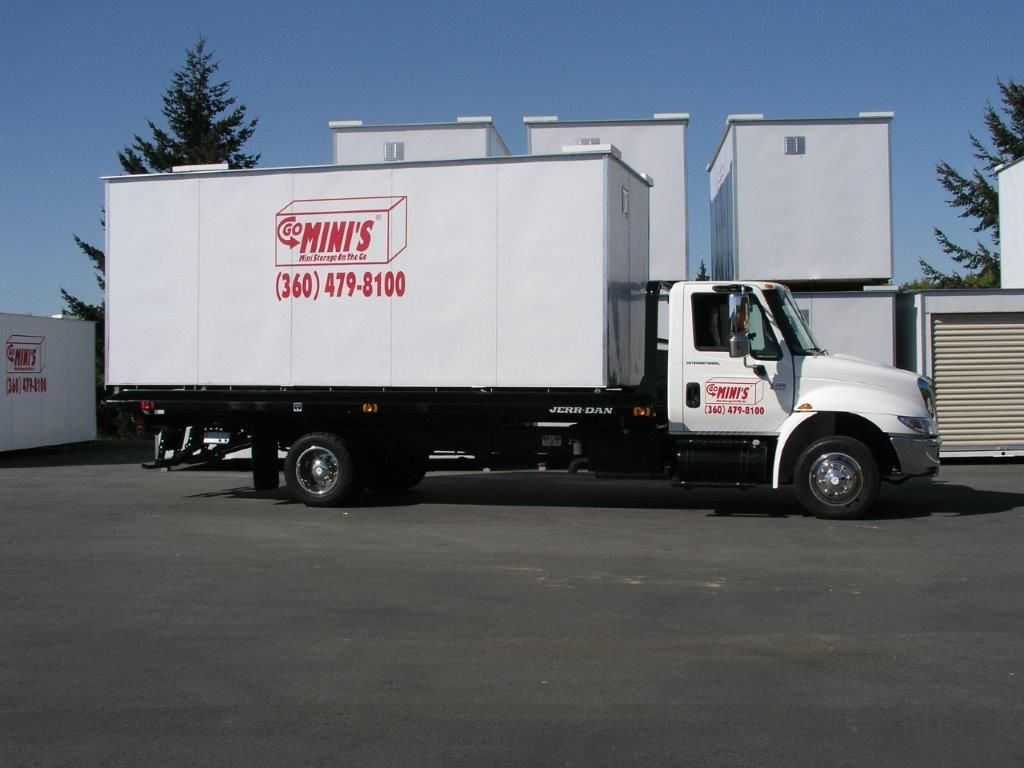4 Eco-Friendly Moving Tips
Even if you take every step you can to live an eco-friendly lifestyle, you may not know how to relocate while keeping the environment in mind. Thankfully, the moving industry is becoming greener than ever, and you can take many steps to make the moving process as environmentally friendly as possible.
Read on to learn four tips for making an eco-friendly move to help reduce the environmental impact of your next relocation.
1. Lighten Your Load to Reduce Moving Truck Fuel Consumption
Vehicles that get good gas mileage are considered more environmentally friendly than those that require more gasoline because they burn less gasoline at once and create less pollution.
Smaller moving trucks get much better gas mileage than larger moving trucks because they are lighter in weight. For example, a small moving truck that is about 10 to 14 feet long uses up to 10 MPG while a larger moving truck that is over 20 feet long uses only about 4 to 6 MPG.
You can minimize the size of the moving truck you need by getting rid items that you never or rarely use. Since clothing can be so bulky, you may be surprised that you can reduce your moving load greatly just by sorting through all of your family's closets and selling or donating clothing your family no longer wears.
In addition, since heavy truck loads require more gasoline to than lighter loads, also focus on getting rid of heavy items around your home, such as heavy old furniture or outdated home décor. You can then use the money you obtain selling these items to purchase modern versions you love after you move.
2. Skip the Cardboard Moving Boxes
You may think that packing your home items into cardboard boxes and then recycling these boxes after you unpack them at your new home is a great way to minimize the environmental impact of your move.
Unfortunately, while recycling cardboard does help preserve trees, the recycling process requires about 75 percent of the energy it takes to produce brand-new cardboard, according to moving.com. You can eliminate this energy waste altogether by opting for reusable plastic moving bins instead of cardboard boxes.
You can rent these plastic bins from many companies that now provide them all over the country. Typically, you simply pick up the bins before you move and then return them to the nearest company drop-off location after you unpack at your new home. However, some companies will drop the bins off at your current home and pick them up at your new home after you move.
These plastic bins are created out of recycled plastic and recycled to create new plastic bins. However, unlike cardboard boxes, plastic bins are so sturdy that they can potentially be sanitized and reused hundreds of times before they develop enough wear and tear that they need to be recycled.
In addition, plastic bins close securely on their own with no need for the packing tape that cardboard boxes need to stay shut during the moving process. Packing tape is rarely recyclable or biodegradable and simply accumulates in landfills after it is thrown in the trash can.
3. Choose Eco-Friendly Packing Materials
Many packing materials are very environmentally unfriendly. Traditional packing peanuts are made from non-recyclable Styrofoam, and traditional bubble wrap is made from plastic that can be very difficult to recycle. Thankfully, many environmentally friendly packing materials are now available that help protect your fragile items just as well as traditional packing materials.
Biodegradable packing peanuts are made from corn and/or wheat starch. These packing peanuts simply dissolve when soaked in water or after being added to a compost bin. Corrugated bubble wrap is made from re-purposed cardboard that can be recycled just as traditional cardboard can be.
You can also wrap fragile items with soft towels and blankets you already own and plan to continue to use at your new home to eliminate packing waste altogether.
4. Leave the Moving Truck Driving to the Professionals
No matter what size moving truck you use, you can reduce your moving truck's fuel consumption by leaving the truck driving to the experienced professionals. Experienced moving truck drivers know how to drive the trucks efficiently in a way that preserves gasoline.
Inexperienced drivers tend to accelerate very quickly, brake more often than necessary, and fail to maintain a steady speed. All are habits that greatly increase truck fuel consumption and the resulting air pollution. In fact, studies have shown that increasing and decreasing the speed of a vehicle by just over 6 mph (10 kph) every 18 seconds can increase fuel consumption by about 20 percent.
If you plan to relocate soon and would like to keep the moving process as environmentally friendly as possible, then keep these four tips in mind. Contact the moving experts at United Moving & Storage to schedule your upcoming move today.














